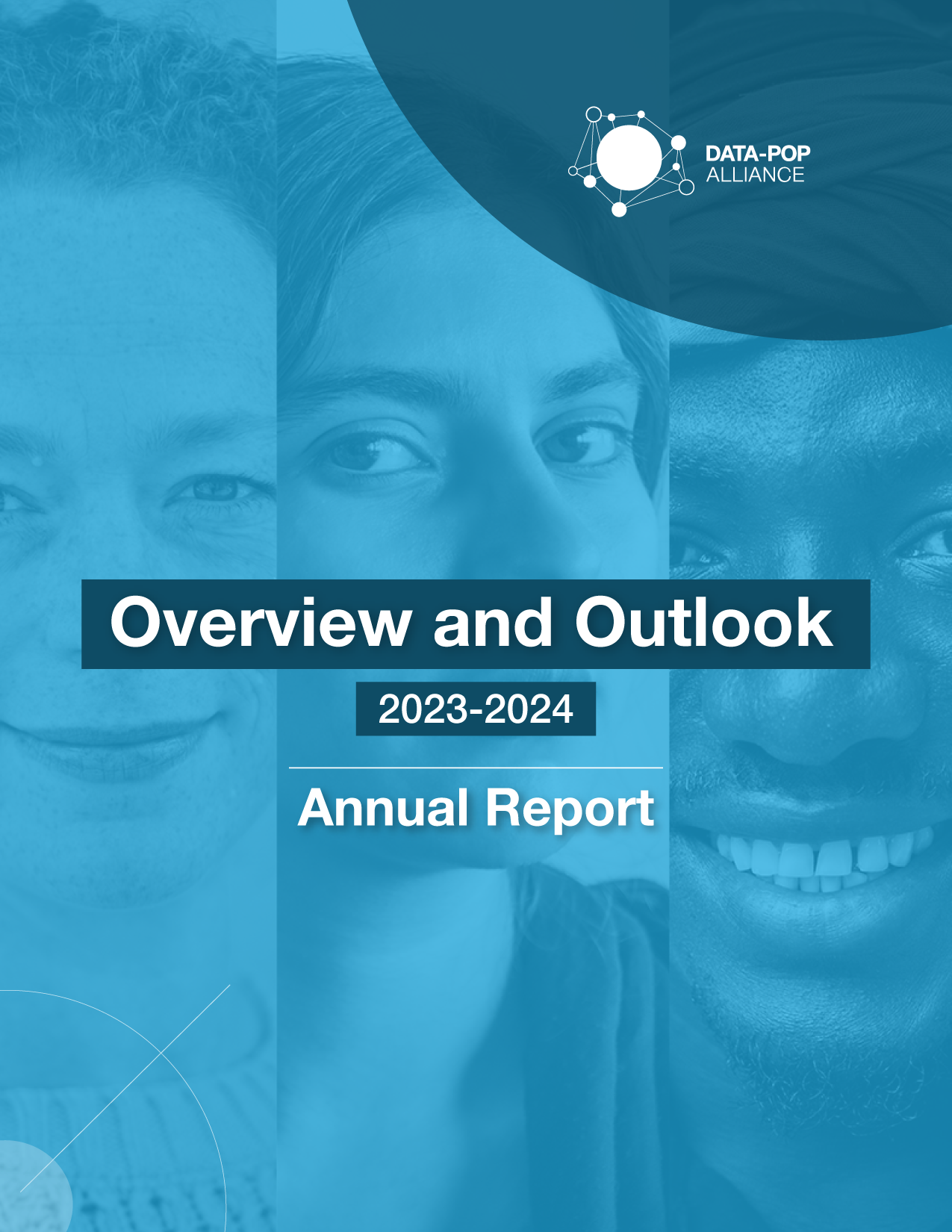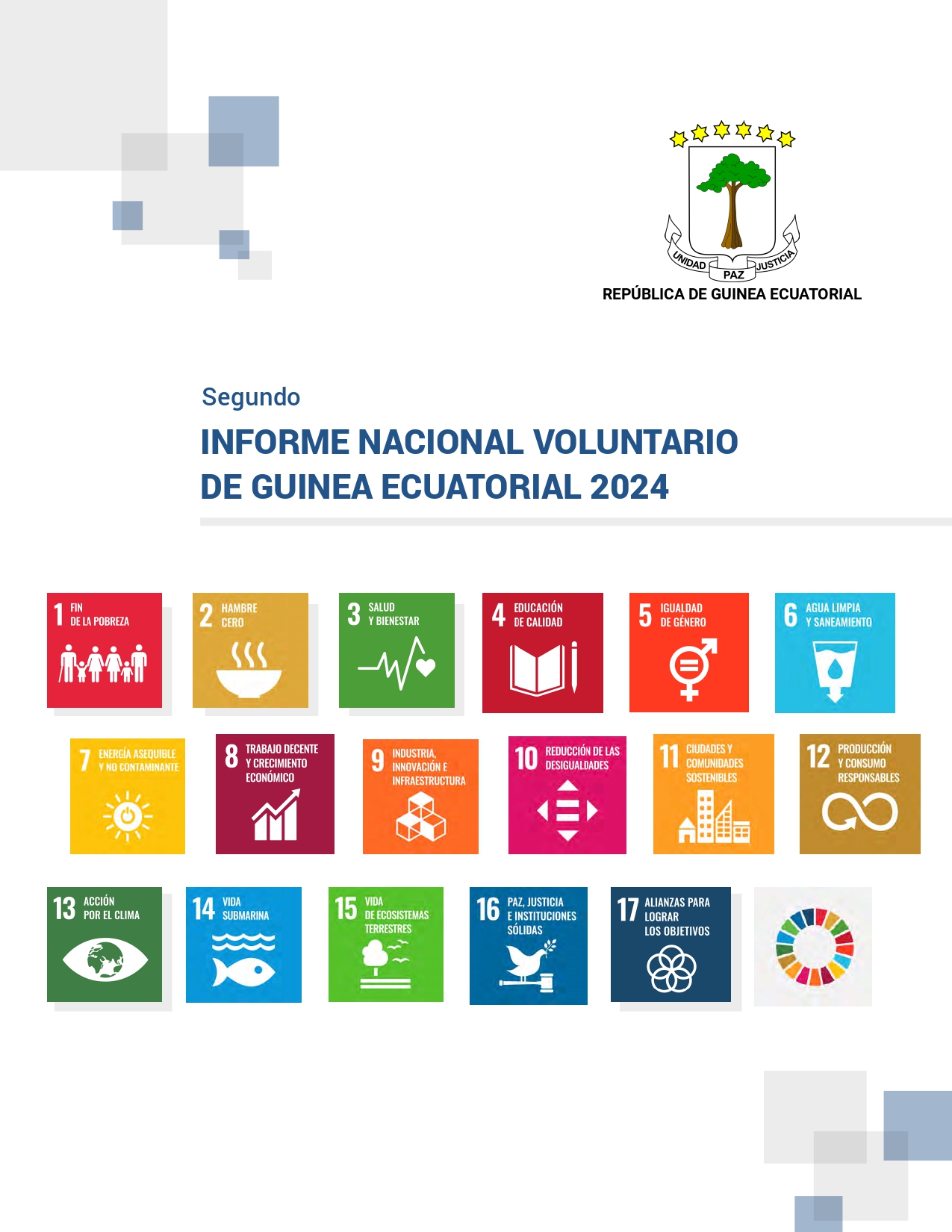
Accra, June 28, 2024 — Talla Ndiaye, Director of the Just Digital Transformations Program at Data-Pop Alliance (DPA), helped facilitate a validation workshop for Ghana’s National Data Strategy, to which DPA provided technical support over the past few months. The event was organized by the Data Protection Commission in partnership with the Ministry of Communication and Digitalisation (Ghana), Smart Africa, and GIZ, and held at the Alisa Hotel in Accra, to finalize Ghana’s National Data Strategy. The strategy focuses on leveraging data for socio-economic transformation in alignment with Ghana’s Long-Term National Development Plan (2018-2057) and the National Medium-Term Development Policy Framework (2022-2025).
Workshop Agenda
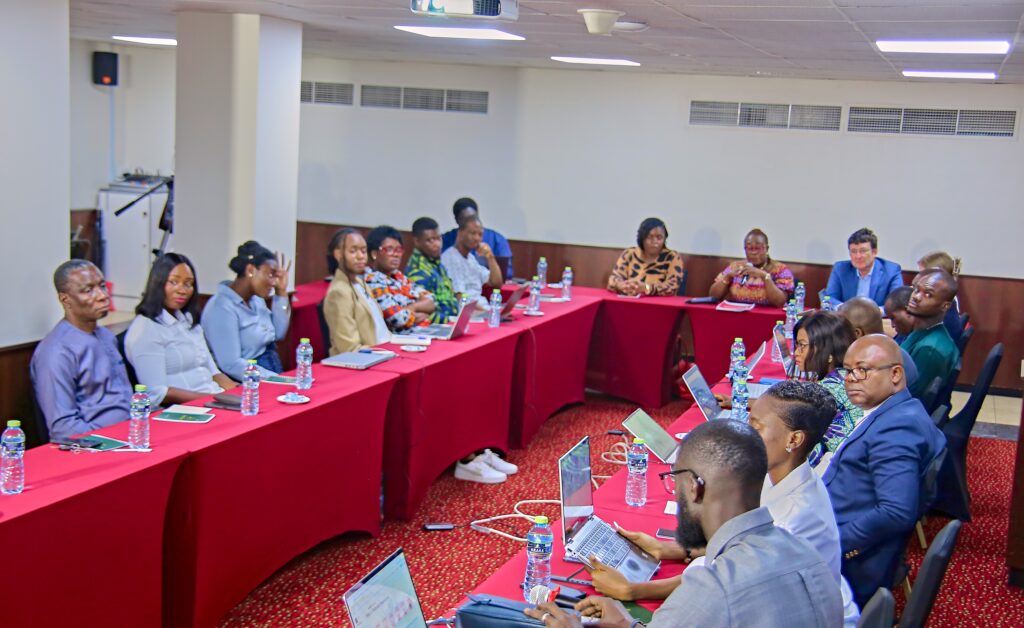
The workshop spanned two days, with Day 1 on June 27, 2024, dedicated to a technical deep dive for task force members. Activities included opening remarks and the presentation of objectives, a revision of the conceptual framework and strategic objectives, and working sessions in three parallel groups.
Day 2, on June 28, 2024, provided space to conduct a institutional presentation of the national data strategy to authorities. The agenda featured welcome remarks by Patricia Poku, Executive Director of the Data Protection Commission; remarks by Bjorn-Soren Gigler, Head of Data Economy and Co-Lead of the Data Value and Data Governance in Africa Initiative, GIZ; and Thelma Quaye, Director of Digital Infrastructure, Skills, and Empowerment at the Smart Africa Secretariat. The opening address was given by Honorable Charles Acheampong, Deputy Minister of the Ministry of Communications and Digitalisation of Ghana, followed by a presentation of the strategy by Talla Ndiaye, which included an interactive survey with participants.
Panel Discussion: Data Governance and Economic Development in Ghana
A key feature of the workshop was a panel discussion on the role of data governance in driving economic development in Ghana. Panelists, including government representatives, industry experts, civil society advocates, academic experts, and international development partners, discussed the importance of effective data governance frameworks. The topics covered included data privacy regulations, infrastructure requirements, capacity building initiatives, and public-private partnerships. The discussion emphasized leveraging data for inclusive growth, addressing digital divides, and maximizing the socio-economic benefits of data-driven policies.
Objectives of the Strategy: A Step Towards Digital Transformation
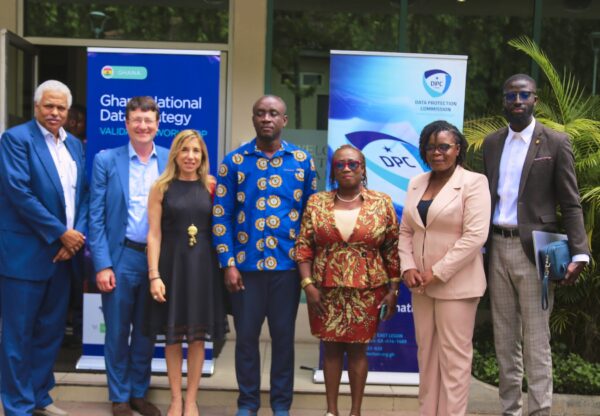
The overarching goals of Ghana’s National Data Strategy are to:
- Establish a shared vision for leveraging data as a strategic asset for national development.
- Promote the SDGs by strengthening data partnerships and local capacities.
- Enhance good governance by improving data governance, data sharing, and collaboration with the private sector.
- Support development data targeting and utilization.
- Foster research, data capacity and innovation in the field of data.
This strategy aims to advance Ghana’s data capabilities, global competitiveness, and address environmental challenges. By promoting innovation, digital and data sovereignty, and sustainable development, Ghana is poised to harness the power of data to transform its socio-economic landscape.
Collaboration for Sustainable Development
As part of the Data Governance in Africa (D4D Hub), the support from Team Europe to conduct this workshop is a crucial step in ensuring that Ghana is able to utilize data for sustainable development, improved governance, and job growth in ethical and sustainable ways. Through this collaboration, it was possible to bring together stakeholders from government, the private sector, civil society, and academia to validate and provide input on the National Data Strategy, shaping a safer, inclusive, and sustainable data-driven future for Ghana.
The Data Governance in Africa Team Europe Initiative has been made possible by financial support from the European Union and five EU Member States (Belgium, Estonia, Finland, France, and Germany) as part of the EU Global Gateway Strategy. It will be implemented by Digital Africa, the Belgian Development Agency (Enabel), Estonian Centre for International Development (ESTDEV), HAUS kehittämiskeskus Oy / HAUS Finnish Institute of Public Management Ltd, Expertise France, and the Deutsche Gesellschaft für Internationale Zusammenarbeit (GIZ) GmbH.
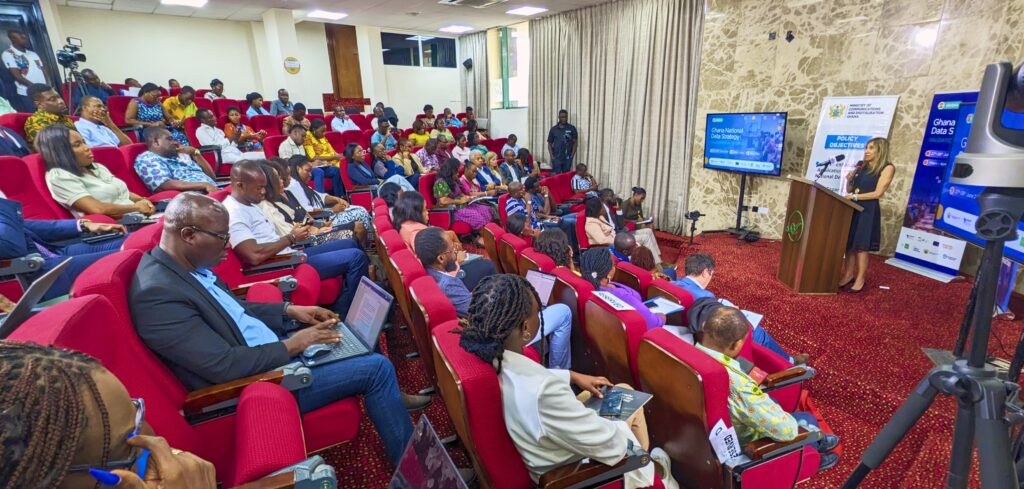
To learn more about the work conducted under our Just Digital Transformations Program, click the button below.

